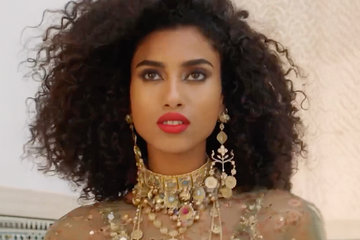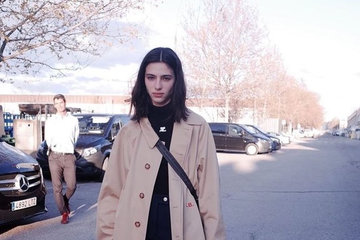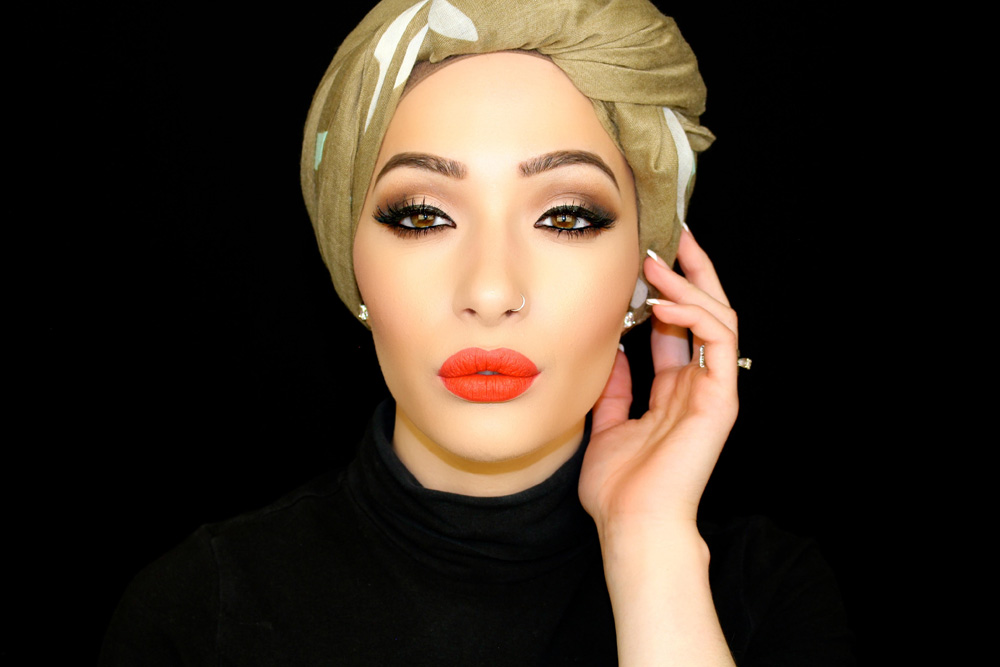
Nura Afia
A study from Research and Markets, “Saudi Arabia Halal Cosmetics Market Forecast and Opportunities 2020”, shows that the halal cosmetics market in Saudi Arabia is projected to increase at a compound annual growth rate of over 15% by 2020. Following this growing increase, Saudi Arabia has seen greater access to the products, rising consumer awareness and the willingness of consumers to pay more for high quality halal cosmetic products.
Halal cosmetics are makeup and body care products that are free from ingredients forbidden by Islamic law. Thus, blood from any animal, pork products, as well as alcoholic elements are not included when manufacturing any of these beauty products.
With halal cosmetics becoming more available, the Muslim and non-Muslim population in Saudi Arabia is conveying an increasing interest for halal skin products due to them being free of many toxins and ecofriendly. Not only do they abide by Islamic laws, many of these products are organic and contain natural ingredients.
The KSA cosmetics market is worth $4.7billion as recorded in 2015 and due to major brands and household names in Saudi Arabia, including Estee Lauder Companies, L’Oreal, and Unilever tapping into the halal cosmetics market, the average Saudi Arabian woman spends no less than $3,800 per year on cosmetics.
As more women gain the ability to join the workforce in Saudi Arabia, the requirement to look presentable at work, has further boosted the sales of cosmetics in the region – especially since they have their own disposable income.
This is also one of the main drivers behind companies like Avon, Estee Lauder, Unilever, L’Oreal and Proctor & Gamble to focus on catering to the demands of the halal cosmetics market.
Not only are the major players within the cosmetics industry tapping into this niche market, there are some incredible home grown, strictly halal, cosmetics brands you perhaps didn’t know about and these are a few:
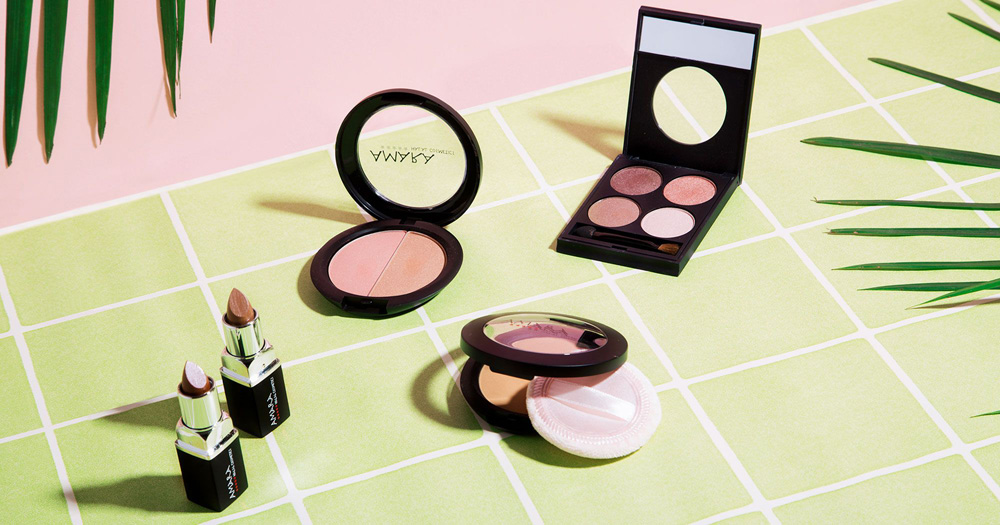
Amara Cosmetics
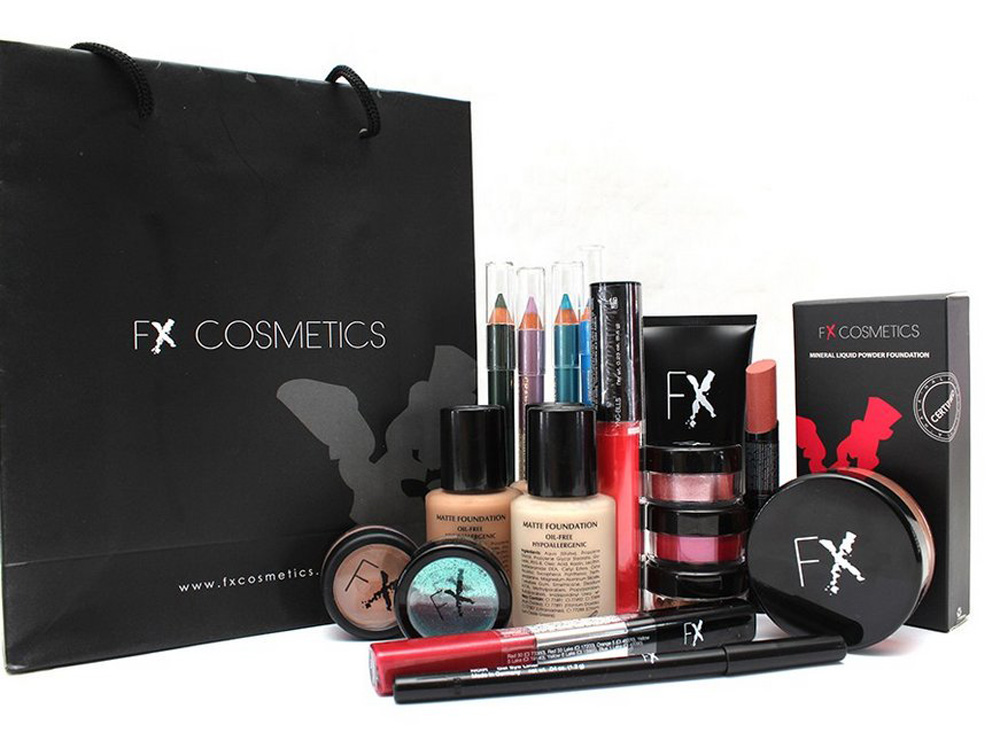
FX Cosmetics
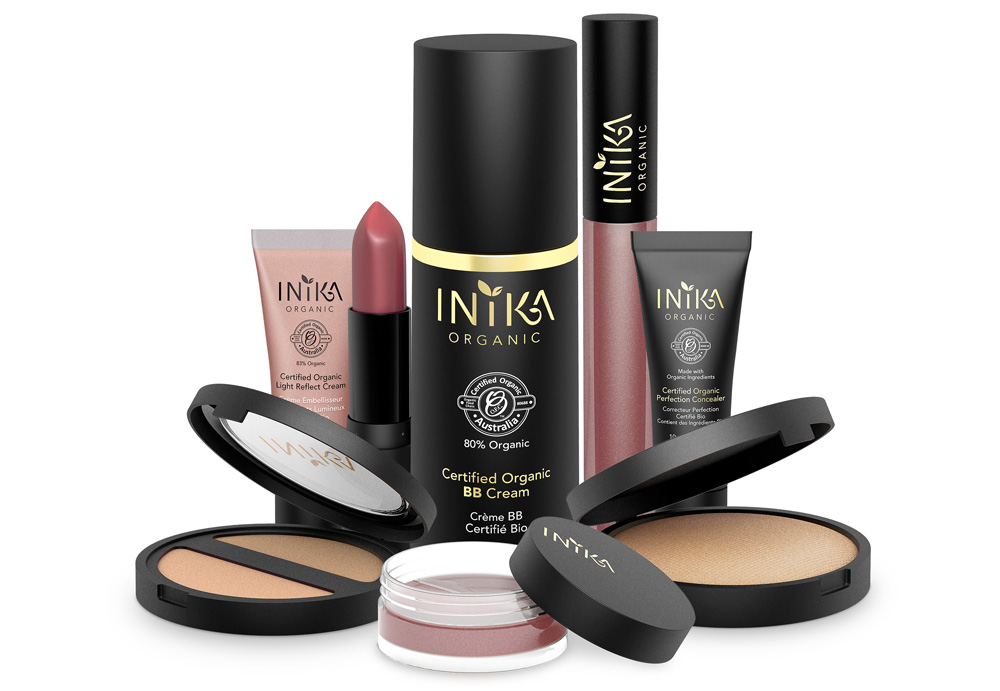
Inika Cosmetics


